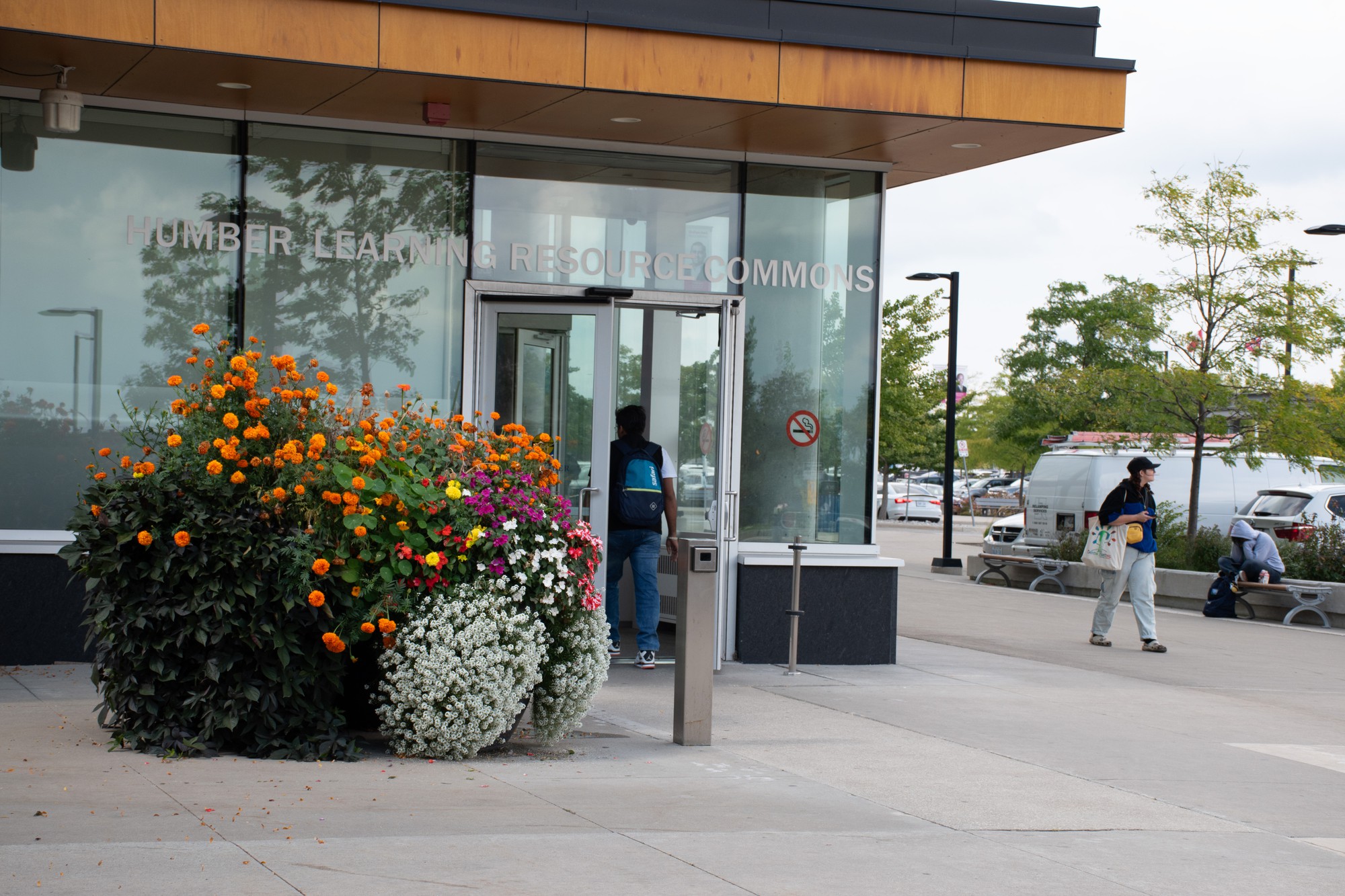Humber College has not gathered substantial data to prove an inconsistency in academic achievement related to the pandemic, but students and staff say they have seen significant side effects related to academic achievement during the 2023 school year.
Michaël McCorrkell, a Humber College mechatronics student, remembers how tough it was to be a student during the pandemic and learn properly.
“We needed people being actual people and not robots, you’re just at home at all times, there’s no interest,” McCorrkell said.
He said the lack of human connection between students and teachers caused by online learning’s inherent anonymity made him feel as if he was just a number to his professors.
“I was probably just a number to them and they didn’t mind dropping me out of the course very quickly,” he said.
A study from the Royal Society of Canada’s working group on children and schools showed the impact of COVID-19 on the learning and achievement of Canadian children and youth shows that “higher teacher-assigned grades, increased secondary failure rates, and lower than expected scores on report cards and standardized literacy tests” are all part of the aftermath of COVID-19.
Moses Newman, a second-year mechatronics student, said he had difficulties receiving academic help due to the online barrier.
“It was hard to communicate with certain people, such as friends, teachers, and family members especially since COVID happened,” Newman said.
Anne Zbitnew, a photography professor at Humber College, said it was a mystery if her students were engaged or present when teaching a class throughout the pandemic.
“When students were online, no one turned their camera on, you didn’t know if anyone was there. I felt like I was talking to my computer all the time,” Zbitnew said.
Since school resumed in-person learning, Zbitnew said students are experiencing what she called a “COVID hangover,” an after-effect of the pandemic resulting in students being disengaged and disinterested.
“I’ve had to tell more people to put their phones away while they’re working because it’s a distraction for me, for them and other people,” she said.
A report from the Ontario Student Drug Use and Health Survey (OSDUHS) said 59 per cent of students say the pandemic has made them depressed about their futures, and 39 per cent said it has impacted their mental health.
Nicola Winstanley, program coordinator in the Media Foundations program, said they use a course called Success Foundation to address pandemic learning gaps. It teaches students skills in digital media and communications to be successful in post-secondary education, she said.
“It’s something we’ve always been addressing. There are some gaps in learning, but we try to fill them,” Winstanley said.
Despite the challenges, professors claim things are progressively improving as students come to class and receive in-person assistance.

